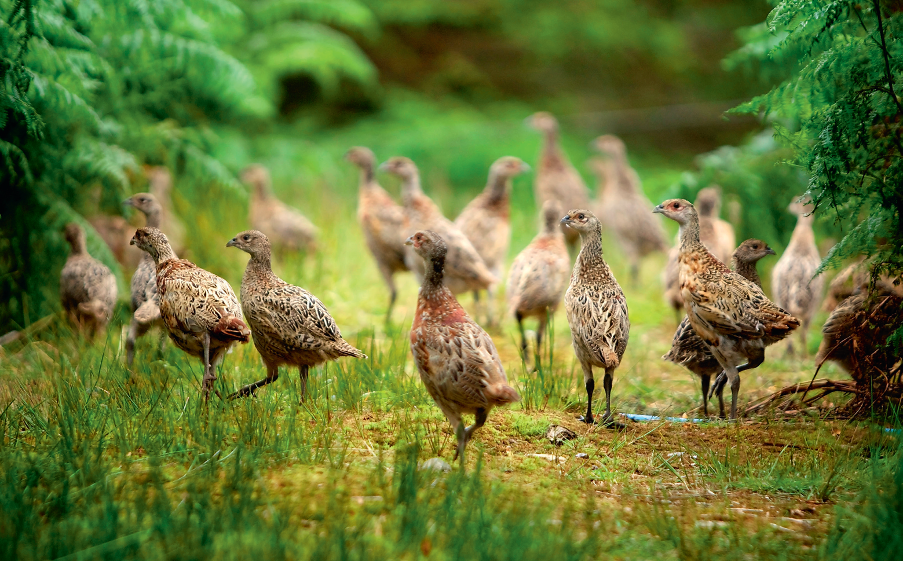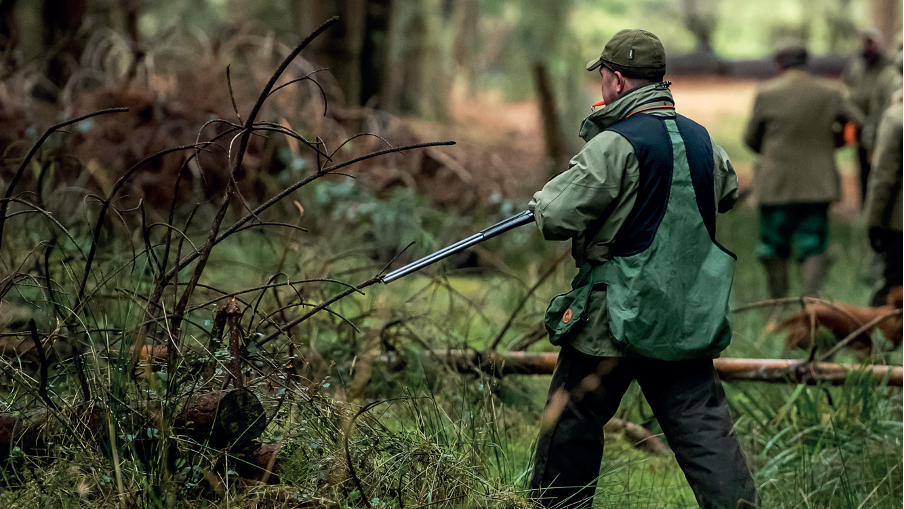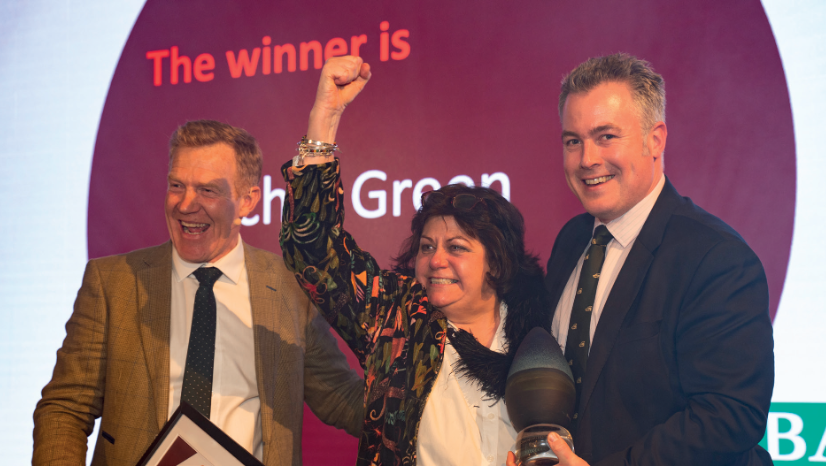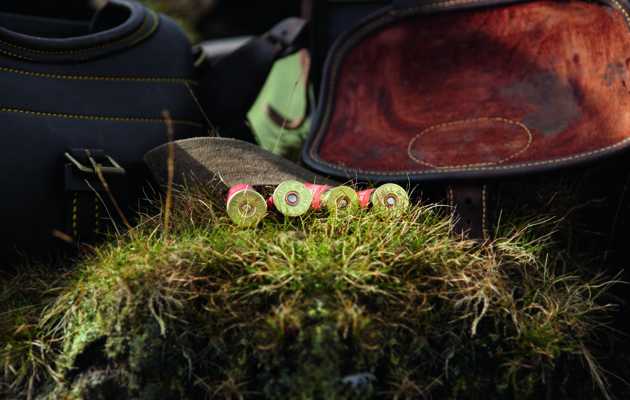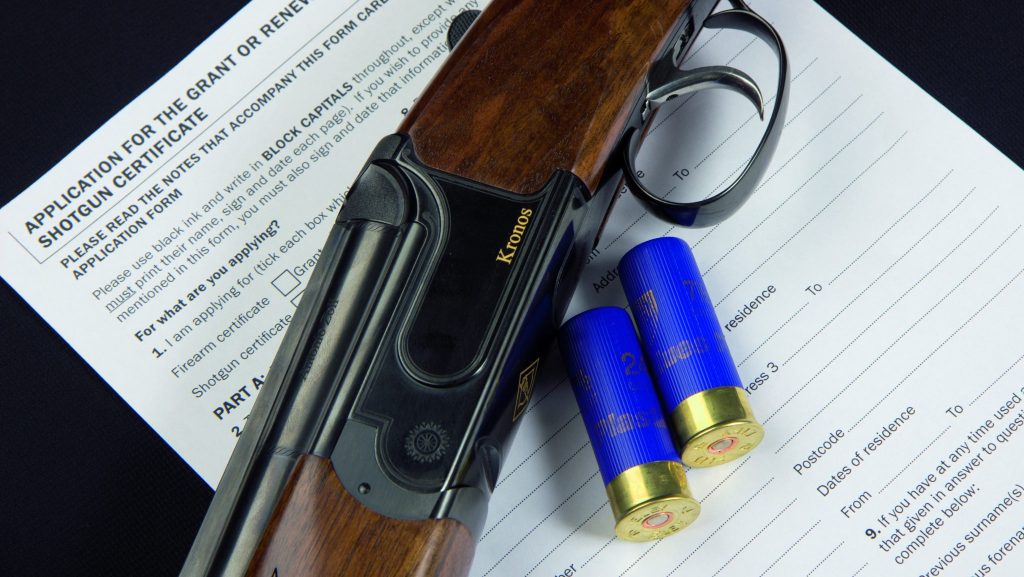No sound evidence, no change” is the firmly held position of every British shooting organisation on lead ammunition. This means…
Gear
News
Shooting groups write new lead ammunition report
Would you like to appear on our site? We offer sponsored articles and advertising to put you in front of our readers. Find out more.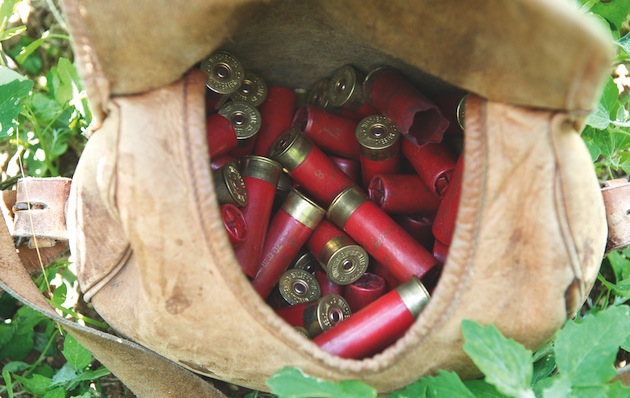
A second report on the possible health risks posed by the use of lead ammunition was submitted to DEFRA two weeks ago, authored by the four organisations that have been most closely involved in the lead ammunition debate.
The new 14-page report, which has yet to be made public, suggests that DEFRA looks at only “sound evidence” of lead ammunition’s impact on wildlife, human health and livestock and work on mitigation measures based upon that evidence.
It was written by the Countryside Alliance (CA), the Gun Trade Association (GTA), the National Game Dealers Association (NGDA) and the CLA and details their own findings and recommendations.
Logical and scientific
In a covering letter to secretary of state Liz Truss MP, the groups argue that their approach is more logical and scientific than that of LAG chairman John Swift.
BASC also signed the letter and helped the organisations with the report, though the shooting group was not a member of the LAG.
Members of the four organisations — all of whom were brought into the group for expertise in their particular field, rather than to represent their groups — resigned from the LAG (News, 27 May and 17 June) citing a lack of confidence in its process and in group chairman, and former chief executive of BASC, John Swift, after he circulated a draft of his planned report. He has since submitted it to DEFRA, despite half of the group having resigned in protest.
Mitigating risks posed by lead ammunition
The new report is believed to discuss proposed mitigation measures accepted by all the organisations that helped to write it, including increasing compliance with the existing law covering shooting wildfowl, boosting the publicity of health advice from the Food Standards Agency and looking into game meat handling and the way in which it can be improved.
The report also explores the main issues raised by John Swift’s initial report, including those laid out by LAG members Dr Debbie Pain, of the Wildfowl & Wetlands Trust, and the RSPB’s Professor Rhys Green, in their sub group paper Evaluation of the Risks to Human Health.
It was this paper that CA chairman Sir Barney White-Spunner referred to in his resignation letter to Mr Swift when he wrote: “For such an important paper not to be authored by fully qualified medical professionals questions the whole basis of your process.”
Other LAG members to resign include the GTA’s John Batley, the NGDA’s Stephen Crouch and the CLA’s Mark Tufnell. Ian Coghill of the GWCT resigned last year, but the GWCT has not been involved in the preparation of the new report.
The LAG was set up in April 2010 to advise DEFRA on any risks to human or animal life posed by lead ammunition and ways in which to mitigate those risks.
Related articles
News
Defra confirms GL45 will not be renewed
While Defra has now announced that GL43 will be issued in the coming weeks, avian influenza risk levels are preventing the renewal of GL45
By Time Well Spent
News
Home Secretary set to scrutinise licensing
Shotgun and firearms licensing laws are in the spotlight after a Luton teenager murdered his family with an illegally purchased shotgun.
By Time Well Spent
Manage Consent
To provide the best experiences, we use technologies like cookies to store and/or access device information. Consenting to these technologies will allow us to process data such as browsing behavior or unique IDs on this site. Not consenting or withdrawing consent, may adversely affect certain features and functions.
Functional Always active
The technical storage or access is strictly necessary for the legitimate purpose of enabling the use of a specific service explicitly requested by the subscriber or user, or for the sole purpose of carrying out the transmission of a communication over an electronic communications network.
Preferences
The technical storage or access is necessary for the legitimate purpose of storing preferences that are not requested by the subscriber or user.
Statistics
The technical storage or access that is used exclusively for statistical purposes.
The technical storage or access that is used exclusively for anonymous statistical purposes. Without a subpoena, voluntary compliance on the part of your Internet Service Provider, or additional records from a third party, information stored or retrieved for this purpose alone cannot usually be used to identify you.
Marketing
The technical storage or access is required to create user profiles to send advertising, or to track the user on a website or across several websites for similar marketing purposes.

